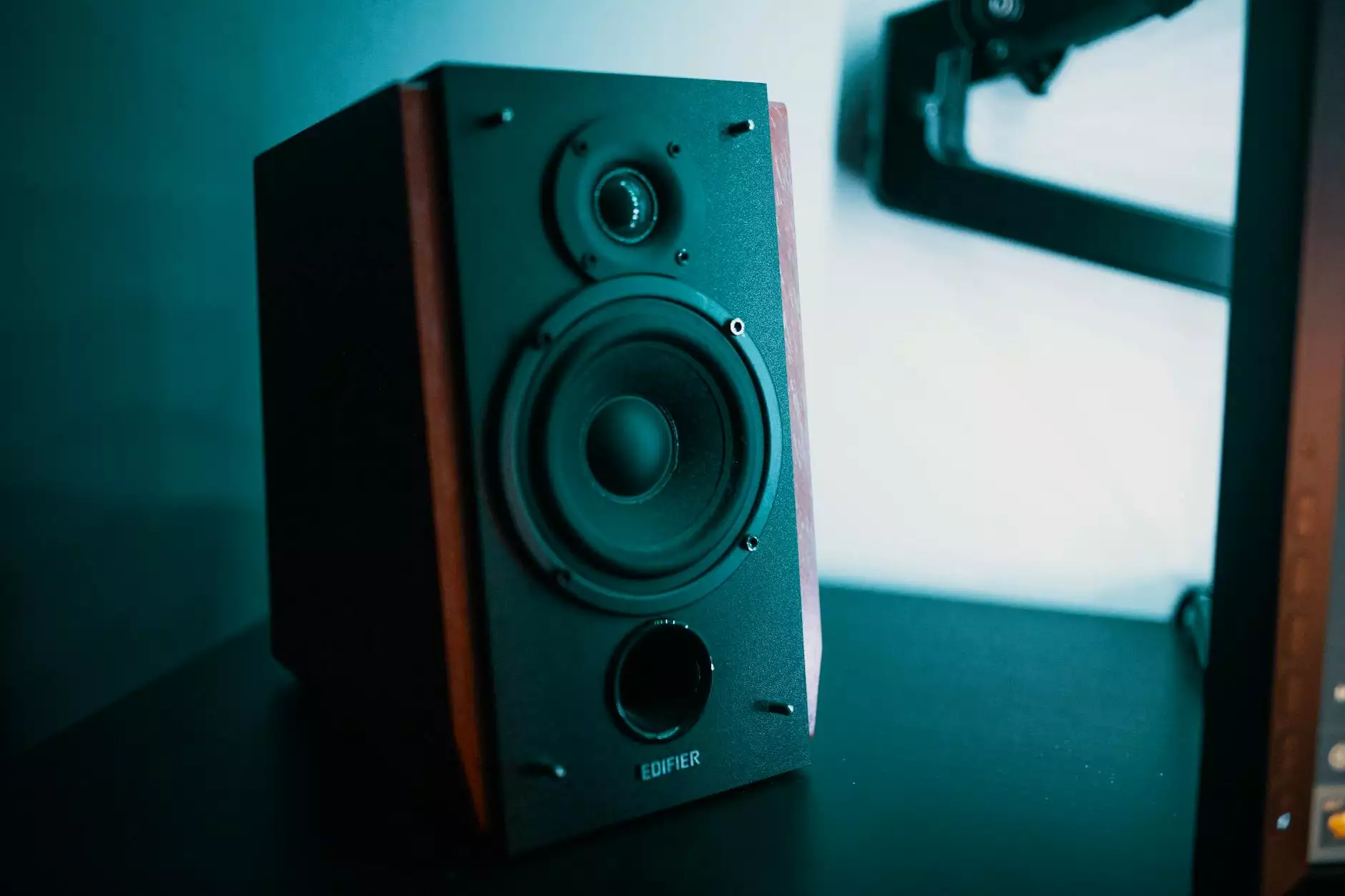Disadvantages of Air Source Heat Pumps

When it comes to renewable energy solutions for heating, air source heat pumps (ASHPs) have gained considerable popularity in recent years. However, like any technology, they are not without their drawbacks. In this article, we will explore the potential disadvantages and limitations of using air source heat pumps for heating purposes, providing you with a balanced understanding of this innovative technology.
Noise Levels
One of the disadvantages of air source heat pumps is the noise they produce. These systems consist of an outdoor unit that extracts heat from the surrounding air. While the noise level varies depending on the specific model, it is important to consider potential noise pollution when installing an ASHP, especially if the outdoor unit is close to living areas or neighbors.
Efficiency in Extreme Cold
Another limitation of air source heat pumps is their efficiency when temperatures drop significantly. ASHPs extract heat from the air and transfer it inside using a refrigerant. As outdoor temperatures approach freezing or below, the air becomes less capable of holding heat, making it more challenging for the heat pump to extract warmth efficiently. In such conditions, the system may need to rely on electric heating backups, reducing overall efficiency and potentially increasing energy costs.
Space Requirements
ASHP installations require adequate outdoor space, as they consist of both an outdoor unit and an indoor unit. The outdoor unit is typically larger, resembling an air conditioning compressor, and needs to be placed in an area with enough airflow. Therefore, if you have limited space outside your property, an air source heat pump might not be the most suitable solution. Additionally, you will need space inside for the indoor unit, which is usually installed near your heating system or water tank.
Impact of Climate
The climate in which your property is located plays a significant role in the performance of air source heat pumps. These systems work most efficiently in moderate climates with mild winters. If you live in an area with extremely cold temperatures or experience frequent temperature fluctuations, the effectiveness and efficiency of an air source heat pump may be compromised. Understanding the climate and its impact on the system is crucial in deciding whether or not to install an ASHP.
Installation and Maintenance Costs
It's important to consider the initial installation and ongoing maintenance costs associated with air source heat pumps. The installation process can be complex and may require professional assistance, which adds to the overall cost. Additionally, regular maintenance is necessary to ensure the system continues to operate efficiently. This includes cleaning the outdoor unit, checking refrigerant levels, and inspecting the overall performance. While maintenance requirements are not excessive, it is an additional aspect to consider when evaluating the overall expenses of an ASHP.
Conclusion
Air source heat pumps offer numerous benefits in terms of energy efficiency and sustainability. However, it is essential to be aware of their potential disadvantages before making a decision. Noise levels, efficiency in extreme cold, space requirements, the impact of climate, and installation and maintenance costs are key factors to consider when evaluating the suitability of air source heat pumps for your heating needs. Remember to weigh these factors against the potential energy savings and environmental benefits to make an informed decision that aligns with your specific requirements and circumstances.




